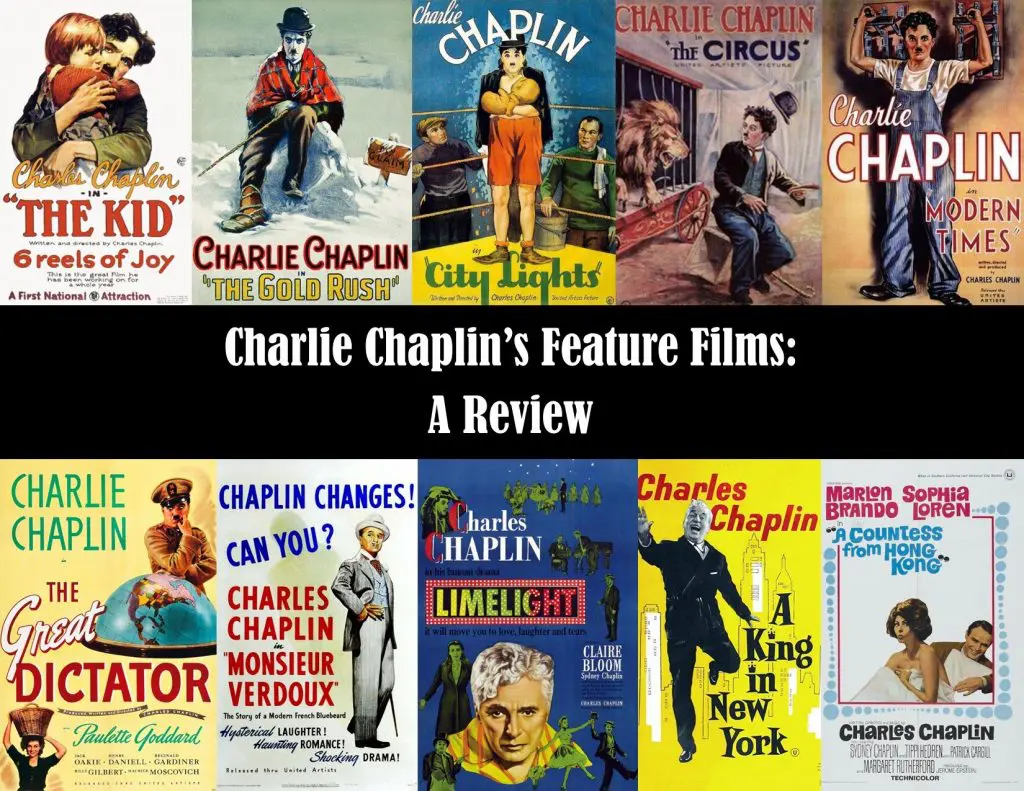Reading and Books
We all read something every day, like street signs or food ingredients on the menu. Reading can do more than help with literacy and speaking for teenagers and adults. It can also make them smarter.
Reading books is really good for you because it helps your mind grow by sparking your imagination, making you learn new words, and helping you think better. By diving into different stories and viewpoints. It also helps to focus and remember things, which is important in everyday life.
Reading can also be a great way to relax and escape stress. Overall, making a habit of reading helps you keep learning new things and growing as a person, which is important for your mental and emotional health.
Table of contents
What I like to read
I didn’t enjoy reading until I discovered my favorite genre. In school, we were required to read various subjects, including history, biographies, physics, art, and more. They all were educational, but of too many things.

Concentrating was tough, so reading was always a challenge. I finished an entire book in my early twenties. But then I found psychological books. Reading became fun and relaxing. It was much easier to focus when the content genuinely interested me.
I like to read psychological books. It’s so interesting how people’s brains work. How powerful people’s mind is. Reading that kind of book helps me reach my goals in life. Concentrate on positive things, which makes life even more enjoyable.
I have learned how to communicate with other people, although I never had a problem with that since many people and friends always surrounded me in my school and workplaces. Still, the information in the psychological books helps put that communication to the next level. It helps to understand my own and other people’s emotions.
Psychology books
Furthermore, psychological literature often presents practical strategies for managing stress, overcoming mental health challenges, and enhancing overall well-being. Whether exploring theories of personality, the dynamics of cognitive development, or methods of therapeutic intervention, psychological books serve as a vital resource for personal growth and mental health maintenance, making profound contributions to an individual’s holistic development.

One of the fantastic mental health perks of regular reading is its boost to memory skills. Research indicates that adults and seniors who dedicate time to reading experience enhanced memory capabilities. Reading is a workout for the brain, ensuring it functions smoothly and efficiently.
Genres
There’s no exact number of genres, but some documents list up to fifty different genres, and with subgenres, there could be over 110. The main categories of fiction are fantasy, mystery, sci-fi, historical fiction, and modern fiction.
But there are many other subcategories, too. For example, under fiction, we also have magical realism, dystopian fiction, action and adventure, thriller, horror, suspense, and contemporary fiction. Genre is used to distinguish different styles of writing.

The primary division between fiction and nonfiction instantly sets the context for the reader. Additionally, categorizing by genre helps set expectations for what readers gain from their reading experience.
Reading opens up new worlds and perspectives, enriching our understanding of the world around us. It sharpens the mind and nurtures the soul, making it an invaluable habit for personal growth and well-being.



